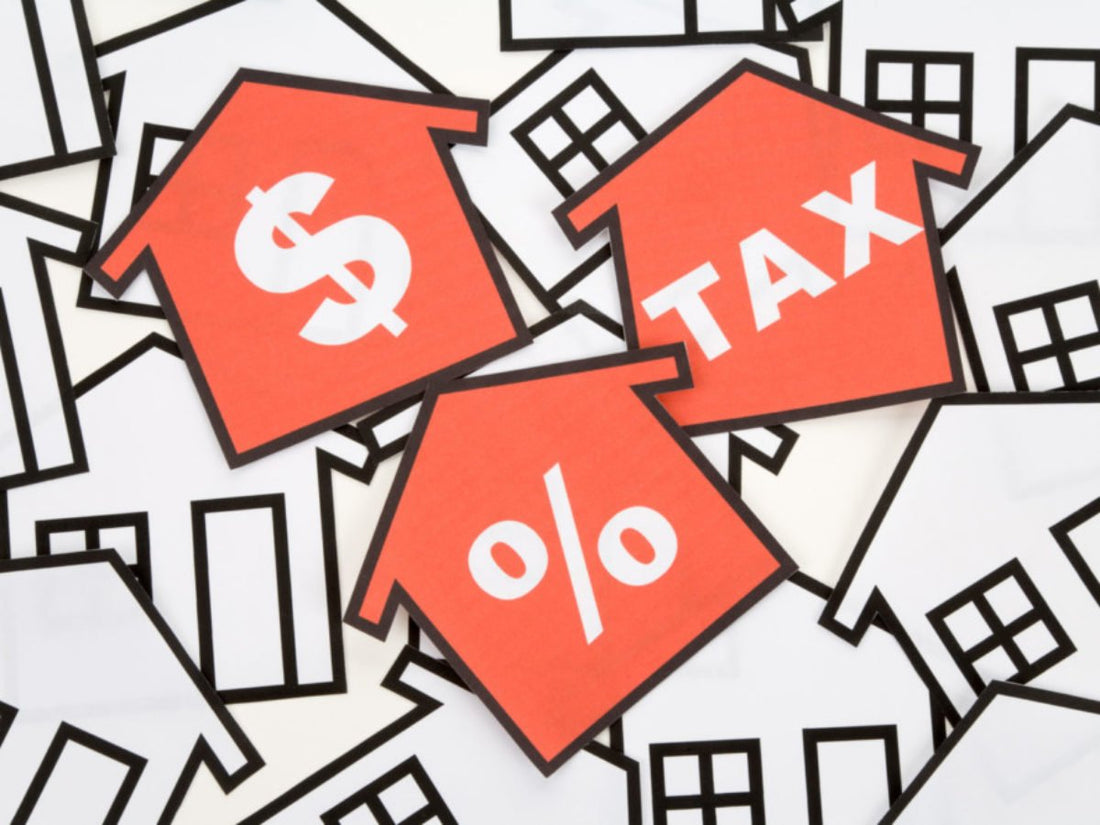Flip financing in real estate investment refers to the process of purchasing a property, making renovations or improvements, and quickly reselling it for a profit. This strategy has gained popularity among investors looking to capitalize on quick market gains. However, with recent changes to tax regulations in Canada, it's crucial for property flippers to understand the tax implications of their activity.
Recent updates in the tax code have redefined how profits from property flipping are treated. These changes have significant implications for investors, making it essential for them to stay informed about how their profits will be taxed and how these taxes can impact their overall financial strategy.
What is Property Flipping?
Property flipping typically involves the acquisition of a property that has potential for appreciation through renovations or improvements, often followed by a rapid sale. Common strategies include:
- Buy-Renovate-Sell Quickly: Investors purchase undervalued properties, make needed repairs or upgrades, and sell them to maximize profit.
- Market Timing: Some flippers may purchase properties in anticipation of market trends, allowing for sales at opportune moments.
How Does House Flipping Work? A Step-by-Step Guide
Renovation Tips That Will Boost Your Property Value Fast
The Secret Formula: How To Value Real Estate Investments like a pro

Tax Treatment: Before vs Now
Historically, profits gained from flipping properties were considered capital gains. Only 50% of these profits would be subjected to taxation, which offered a more favorable tax treatment for many investors.
However, recent tax reforms have shifted this landscape, categorizing profits from property flipping as business income. This means that now, 100% of the profit is subject to tax, increasing the tax burden on real estate investors engaged in flipping activities.
Key Tax Concepts in Flip Financing
Capital Gains vs Business Income
Understanding the difference between capital gains and business income is crucial for property flippers:
- Tax Rates and Reporting Requirements: Capital gains are taxed at a lower rate than business income, which carries higher tax implications and more extensive reporting obligations.
- Qualifying for Capital Gains: Certain conditions may still allow for profits to be classified as capital gains, typically involving a longer holding period or an absence of intent to flip.
Principal Residence Exemption (PRE)
The Principal Residence Exemption allows homeowners to avoid paying capital gains tax when selling their primary residence under specific conditions:
- Eligible Conditions: The property must have been the individual's primary home for every year owned.
- PRE and Property Flippers: Unfortunately, flippers cannot capitalize on this exemption since the nature of their transactions is fundamentally different; they do not hold properties as primary residences before selling.
Adventure in the Nature of Trade
This legal terminology applies when determining whether a transaction is business income. The government assesses whether the activity resembles a trade, leading to taxation as business income. Factors the government considers include:
- Frequency of transactions
- The intent when purchasing the property
- The manner of property use prior to its sale

Legal Precedent: Happy Valley Farms Ltd v Her Majesty the Queen
The case of Happy Valley Farms Ltd v Her Majesty the Queen serves as a key legal reference for distinguishing between capital gains and business income. The ruling emphasized several factors that determine the nature of property sales:
- Original Intent: Courts review the intent at the time of purchasing the property; was it intended for flipping or long-term holding?
- Transaction Frequency: Regular transactions suggest a business operation, while occasional sales may indicate capital gains.
- Property Use: How the property was utilized during ownership can sway tax treatment.
Lessons for Investors from this Case
Investors should take caution in their flipping activities because notions of intent and frequency can lead to significant tax repercussions. Documentation and strategic planning are paramount to delineating business activity from personal investment.
Tax Planning Strategies for Property Flippers
Choosing the Right Legal Structure
One of the first decisions property flippers face is whether to operate as an individual or to establish a corporation. Each structure has its own set of tax implications:
- Individual Ownership: Simplified taxation and reporting but exposed to higher personal tax rates.
- Corporation: Potential tax benefits, including lower corporate tax rates and better deductions.
What type of real estate is most profitable?
Tax Minimization Strategies
To help mitigate tax burdens, investors can consider several strategies:
- Long-term Holding: Holding properties for extended periods can help classify gains as capital gains rather than business income.
- Maximizing Deductions: Investors should explore all eligible deductions, such as renovation costs and financing expenses, to reduce taxable income.
Proper Tax Reporting and Compliance
Ensuring accurate tax reporting is critical to avoid issues with the Canada Revenue Agency (CRA). Inadequate tax compliance could lead to audits and penalties. Adopting organized record-keeping methods can mitigate risks.
Conclusion
The new tax regulations surrounding flip financing in real estate have reshaped the investment landscape for property flippers. With 100% of profits now taxable as business income, the financial implications are significant.
Investors are encouraged to consult with tax professionals to develop tailored tax planning strategies that minimize liabilities while maximizing compliance. Staying updated on future tax policy changes will be crucial in efficiently navigating this evolving sector.




